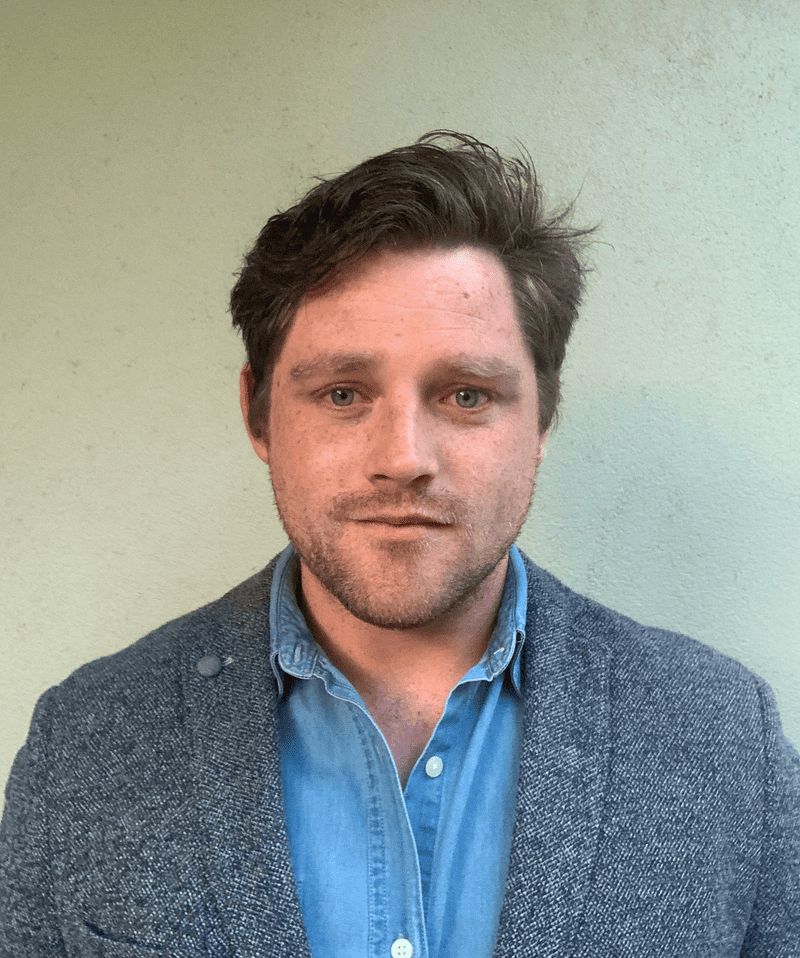VCSIA Winner — James Carey
Being asked to write about oneself for public consumption is always a daunting task. I think it has the potential to read as hugely self-serving, so what follows I hope will avoid any hint of this.

I have been involved in numerous projects related to a wide range of social, political, and human rights-focused endeavours. I have always found a great comfort in being involved in projects that produce tangible outcomes, and my efforts have tended towards supporting such endeavours. For example, I currently sit on the Board of Directors for the influential think tank, the Australian Institute of International Affairs. There, I have responsibility for the young professionals and students’ portfolios to engage those groups in events, publications, and networking to advance apolitical debates and education of world events and Australia’s place in it. I (with a great deal of help) have been able to grow both membership bases by over 100% in the past three years and develop the offerings for those groups. I am intensely focused on how I can contribute to ensuring young Australians understand, care, and contribute to debates around Australian international affairs.
Additionally, I have been personally dismayed by the level of pain those seeking asylum in Europe have had to face in the past decade or so. To try and alleviate some of that pain, I have volunteered and worked in the past for several NGOs focused on care for asylum seekers and refugees. This included a months-long stint in Greece and North Macedonia for Lighthouse Relief, where I helped provide care and education for thousands of asylum seekers and refugees coming to Europe. I am now involved in a project focused on providing low-cost mobile phones and data to ensure connectivity and reliable communication, which will aim to supply 150,000 handsets.
Away from social causes and volunteering, I part own the Australian medical start-up, Medycs. I am using this to develop, test, and rollout technology and access funding to begin supplying developing nations with technology that allow citizens to access different healthcare products at a vastly reduced rate through a Not-For-Profit vehicle, specifically designed to ensure developing nations can access healthcare that can be sourced in the developed world. In the past, I have held other senior Executive positions and am currently acting as in an advisory capacity for Floy GMbH, a German start-up with seven-figure pre-seed funding that has developed AI tools to detect cancerous growths. Acting in an international growth capacity, we are currently expanding into the UK and New Zealand.
However, none of these opportunities that I have been afforded would have been possible without being involved in addressing causes I care about when studying at university. Whilst a student during both my previous degrees I formed, and was part of, groups that sought to address social causes. I was one of the founding members and the first President of the Melbourne Postgraduate International Relations Organisation (MPIRO), which has become an embedded part of the international affairs academic infrastructure in Australia. This, in conjunction with other organisations, like ‘Left-Right Think Tank’ and ‘Young Australians in International Affairs’, provided me with the ability to fail in a low-risk environment, and learn valuable lessons. And that is why it is so important to get engaged in social causes whilst at university: you will never have a better opportunity to fail, have more access to free assistance from experts in their fields, and learn from experts how to access capital, sell your ideas, and network in an anodyne environment.
And, when arriving at Cambridge, I made myself a promise to use the incredible facilities available to me through my college and the university to design, build, and launch an initiative starting with £0, which solves an issue I care about. And, with the help of the Cambridge Hub’s Engage for Change programme, the Vice Chancellor Social Impact Innovation Award would allow me — before the end of term — to officially launch What It Costs.
What It Costs is an initiative using existing data from manufacturers, retailers, and independent investigations to provide detailed information to consumers on what their sartorial choices “cost” the planet and its inhabitants. By not focusing on the price of the garment, but on ensuring consumers understand the resources, time, and salaries paid through its production, What It Costs will tap into the increasingly conscious choices that younger consumers make when spending money. Consequently, What It Costs hopes to engage manufacturers and retailers to begin to change the market through making available to consumers all the hidden costs of their transactions. Developing this initiative within the Cambridge Hub has allowed me to engage other Cambridge students and staff in the journey and use the environmental expertise and passion of students younger than me to trial and progress the vision.
